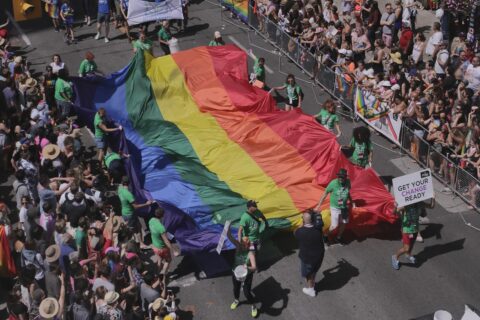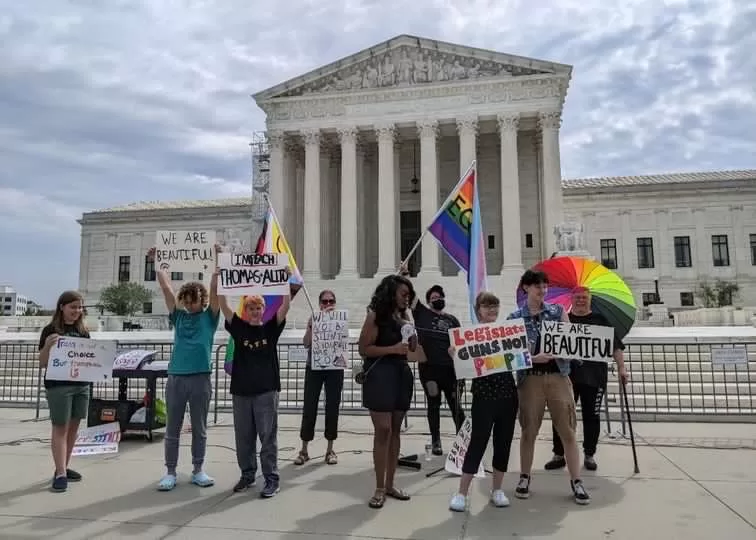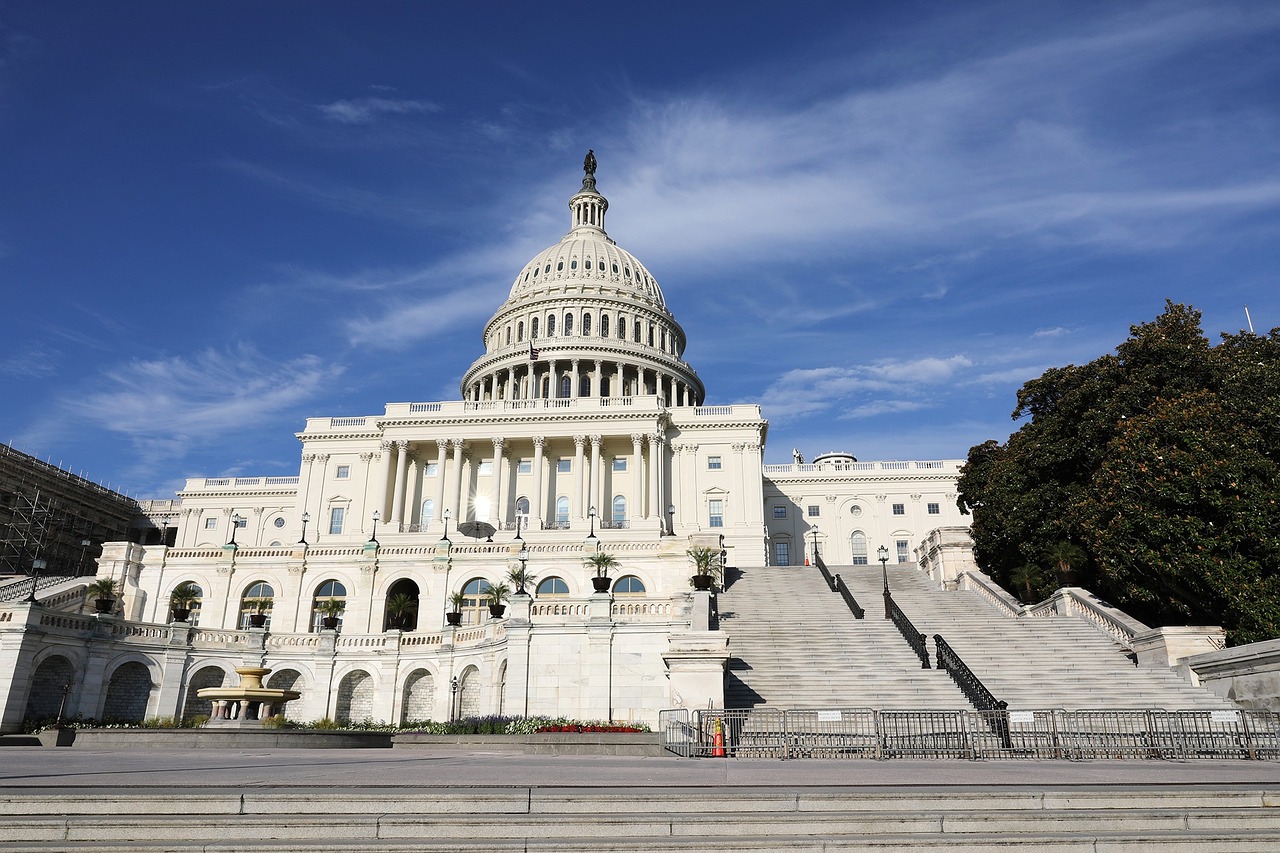This interview was originally posted in March 2023.
Phi Chanda (they/them) is a student activist and founder of the nonprofit Redefine Z. They are a nonbinary, asexual, Asian-American, disabled public speaker who loves politics and salty food.
this piece includes three sections:
i. quest: personal experiences with change & agency
ii. imagination: visualizations of a different, better world
iii. bridges: thoughts about change & the bridge from one reality to another
i. quest
At the end of ninth grade, I started Redefine Z, a youth-led nonprofit with branches in New York, Texas, Kenya, and India. My hope was to connect with people around the world to collaborate on contributing to a generation of changemakers. My vision is youth empowerment through the confrontation of a variety of issues: racial disparity, gender inequity, LGBTQ rights, disability rights… we try to be open about what we advocate for, since students should be our voice, and students from different areas have different needs and priorities.
My biggest inspiration is Greta Thunberg. She’s actually only a few years older than me. At the age of fourteen, she kickstarted a global climate change movement. She understood that we are going to grow up in a world destroyed by climate change, and she took action. We’re both autistic; I don’t know if we’ve been through the same things, but as someone growing up with autism in a traditional household—where expressing feelings and struggles was discouraged—I felt that to be able to do activism and get out there and find power in vulnerability was amazing. I remember a Fox News host who tried to dismiss Thunberg as “a disabled child”, and I’ve faced the same kind of dismissals, so I admire her resilience. She just really stands for what I believe in.
My most significant personal change was learning self-advocacy. I grew up in a really traditional household: silence is gold, be quiet, preserve your reputation, don’t defend yourself when you’re put down—my mom comes from the background of the Vietnam War, so generational trauma maybe, but the message was that if you want to survive, you have to keep your head down.
I was undiagnosed until high school. My symptoms gave me so much trouble because I didn’t have the accommodations I needed. I went to the hospital so many times because of autistic burnout. I’ve been masking my whole life and even now it’s hard to stop doing that; it still affects me. But at the end of ninth grade, a year after diagnosis, I gave up pretending.
My entire life, I’ve never really felt like a girl. My parents saw it too—they’d tell me to act “less like a boy” or “more like a girl”—but I wasn’t well-informed about it until late middle school, when I started to learn about LGBTQ issues. Really early on—in fourth grade—a friend told me she was questioning and started sharing information about various queer identities. Having been raised in a conservative household, I was really homophobic/transphobic at the time, and even though I resonated with what she was discussing, I denied everything.
My eventual coming out was not a change in who I was, it was a change in how I express myself, a change in how I share my story. My chosen family, my friends, my teachers—all of them were the supports that allowed that to happen. In tenth grade, I had a really progressive teacher (who might have suspected I was queer); he complimented my leadership and shared stories about his family and his lesbian sister. I knew I’d be safe if I came out to him. And my friend group, many of whom are also LGBTQ—I feel like queer people just find each other.
Of course, just because I started activism doesn’t mean everything got better. I got the diagnosis, but my parents still don’t believe it’s real. You’re an activist, but you’re not a messiah, you’re not a god—you still have problems. I don’t do this because I’m liberated and free: I do it because I’m speaking to the struggles I still experience and witness.
Speech has given me a tool for agency. I love public speaking; I teach debate and civics. I’ve also found queer community through that. The speech community is gayer than the GSA. I know plenty of people whose activism leans toward the performative, who do things for college applications instead of impact, who aren’t really interested in the work. But I’ve also found people who genuinely care and have no tolerance for hostility towards queer and trans individuals. If we work together, we can get things done.
ii. imagination
I wish for a world where everyone can be themselves. I know it sounds cliche, but I mean it—a world where everyone has the autonomy and freedom to inhabit their fullest selves.
iii. bridges
If we want things to progress, we need tangible, actionable change. We need realistic policy changes to support that: change that people can follow up on. We need authority figures to push past gridlock to pass civil rights and equality bills. We need as much legal and social protection as we can get. It’s not going to be easy. But even if it takes decades, if we keep pushing, we can make change, and that’s what progress looks like.
Activism is a very vulnerable position to be in. If you want to fight for others’ stories, you have to share your own first. If I want to talk about disability rights, why not use my own story to explain how I’ve been personally affected? It’s vulnerable not only because you’re on a podium where people are judging you, but also because it requires the constant ability to push back against the standard people are trying to force you to conform to. It’s an intentional vulnerability to share your story, and to be a voice that calls to other voices, reminding them that they too have power. The goal is show people that it’s possible to speak out. Not to speak for them, but to show that your story is one of a constellation of stories.
People tend to shy away from “activism”, seeing it as a negative thing: they say it’s too radical, you’re going too far, you should step back. But disruptive work is what makes change. That applies to protesting, too: people worry it doesn’t accomplish anything. But even politicians need votes to get into office. If protests don’t reach a politician directly, they reach the people. It’s not perfect, but it’s not useless.
Activism does sometimes require trade-offs and compromise, though. Our first conference in the Kenya chapter of Redefine Zed included a discussion of LGBTQ identities. We talked about gender and sexuality—it was an all-girls school, so we also discussed lesbian and bisexual identities—and students were really open and engaged. Unfortunately, the administration at that school was really religious; they told us we couldn’t mention LGBTQ topics anymore, or we would have to stop working with the school. That was when we faced our main dilemma. We were also discussing menstrual hygiene and distributing period products to the school, and we knew students were struggling with taboo and scarcity around that. We decided we would rather drop LGBTQ topics in order to keep providing those products—what mattered was getting necessities to students right now. For those who had Internet access, they could use educational materials about queerness on our site or other websites, and we could direct them to relevant local organizations. But for the moment, we had to prioritize delivering period products.
Also in Kenya, we considered a partnership with an organization which was known for LGBTQ-phobia. We realized it would be difficult to work with them, since much of the leadership and volunteers at Redefine Z are openly LGBTQ. So we waited until we could find another organization—and we did find people who were willing to work with openly queer youth. In some situations where the tradeoff is inevitable, you have to make that hard choice, but sometimes you can find a way to get what you want without compromising your original vision.
A month ago, I talked to the student council at my school about a proposal for an LGBTQ-inclusive mural—the biggest mural on campus. I’m worried that it won’t go through because of the many conservative-leaning parents at my school. During both trans awareness week and sexual assault awareness month, people ripped off or vandalized posters we had put up. It’s odd because, in the student body, we all vote blue, but these actions show that there isn’t belief in actual progress. That’s why I think the mural could help, at least by making a statement about the atmosphere we are choosing at this school. I’m prepared to take anti-graffiti measures, including buying a special varnish.
The pushback definitely does get tiring. So many people that I’m in class with—I don’t expect homophobic and transphobic people to be as close to me as they are. At the club fair, someone at one club booth was going to delete all the application forms with they/them pronouns. The other day, I heard violent homophobic jokes in the locker room, and I couldn’t believe it. It was a week after Club Q. These were my classmates, people I see every day. All these little things… it’s difficult to stomach.
Today’s students are our country’s future voters and lawmakers. These mindsets need to change.




